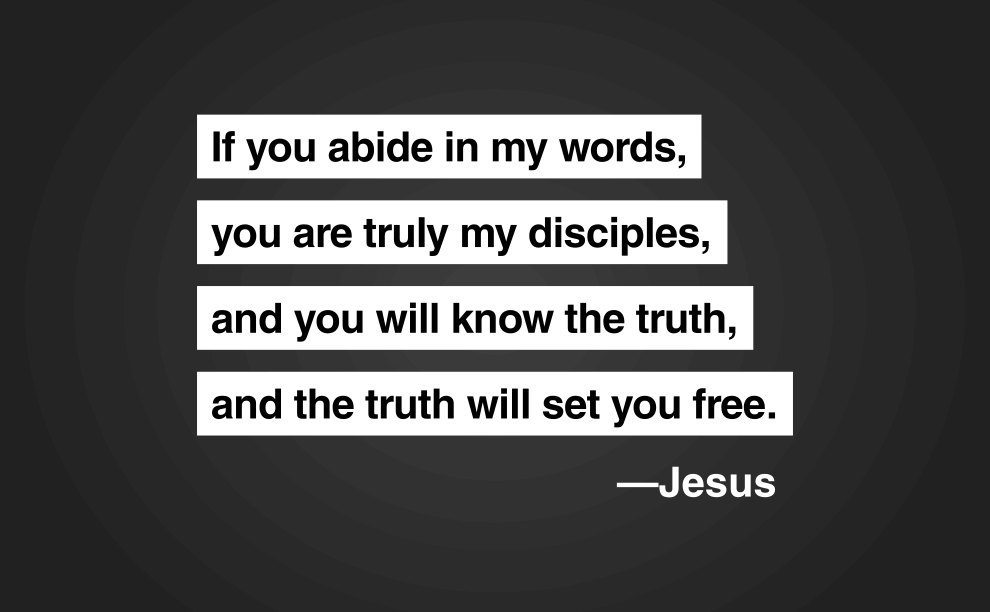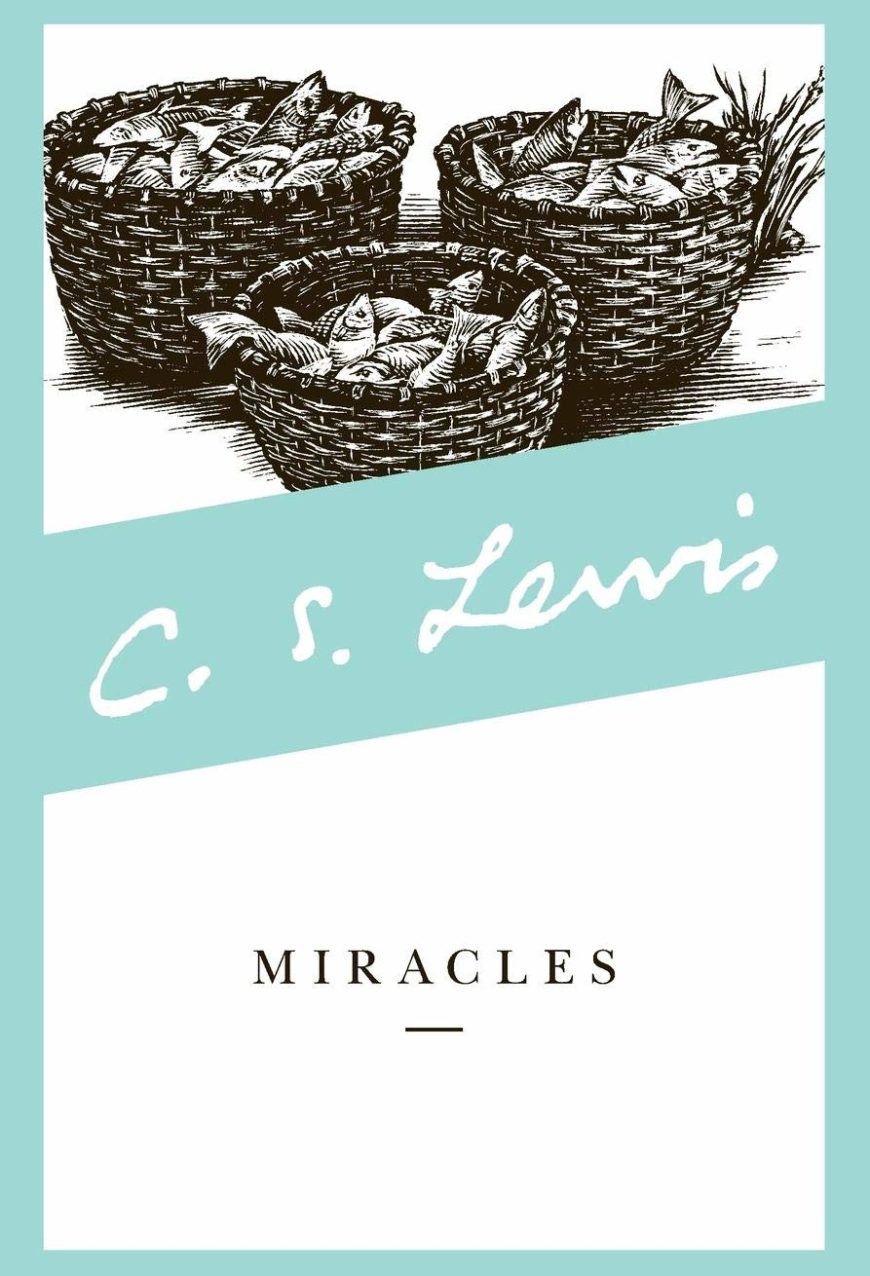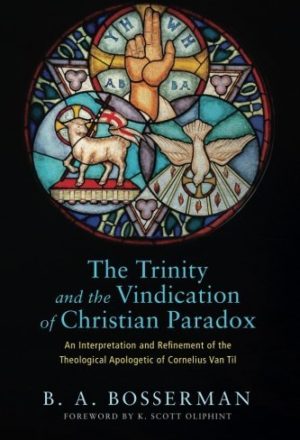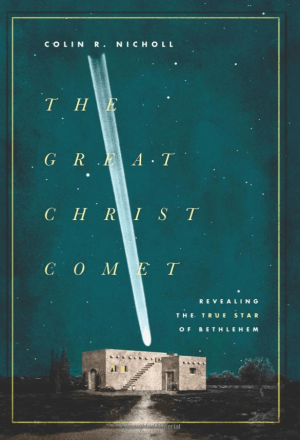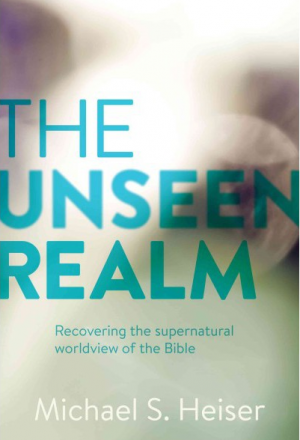“Give me a child, and I’ll shape him into anything.”
— B.F. Skinner
Abraham came to the king in Egypt with a lie. Abraham claimed his wife was actually his sister and because of this lie (or half truth) his wife was taken and given to Pharaoh. Sarah was returned to Abraham, but a second time when faced with the same fear, he claimed Sarah as his sister in front of Abimelech. Abraham’s son Isaac was married to Rebecca. Isaac and Rebecca went to the land of Abimelech and he lied by saying Rebecca was his sister. Isaac walked in the sins of his father. Isaac had two sons and his younger son Jacob stole the birthright from his brother through a lie aided by Rebecca. Jacob walked in the sins of his father. Jacob had twelve sons and his favorite son, Joseph, was sold into slavery by his older brothers. When the brothers came back to the father they brought Joseph’s coat and lied saying he was killed by animals. The brothers walked in the sins of their father. Throughout Kings children walk in the sins of their fathers before them, and today humans still walk in the sins of the first father Adam.
Walking in the sins of the father is a recurring motif throughout the the Old Testament. God is concerned with the lineage of people and will make decisions about how to deal with people based on their ancestry. The way God interacts with people includes humans receiving blessings and curses for themselves and also for their children. For example, in the Kings some Sons of David are blessed because of God’s love for David (2 Kings 20:6). They had earned wrath from God but because of David God withheld his wrath.
B.F Skinner was a significant influencer on the west’s understanding of human identity. Unlike the biblical depiction of a connection to our ancestors Skinner believed humans to be ‘Blank Slates.’ He asserted that through nurturing children in a specific direction someone could make a child any specific way. Any kid can be a doctor or a skilled craftsman if they are nurtured in the right direction. People in the United States rarely know much about their ancestry, and they cling to an individualistic mindset similar to what Skinner proposed. Americans are so disconnected form their heritage that people are willing to redefine their ethnicity because of how they want to identify. Ethnicity by nature is something passed down from parents but individualism allows for a breaking of that lineage because of personal feeling. The west loves the idea of being an individual, and of being defined by nothing outside of oneself. Others believe our personality and sense of being is more deeply rooted than our environment, and that our nature from birth is more significant than the nurturing of others. Nature vs. nurture prompts questions like: Do boys really like to smash things, or is that just conditioned by parents? Do girls really like decorating and doll houses, or is that just conditioned as well? Could you really pull someone away from their parents at a young age and make them into something completely different, or do biological parents play a significant role? Those who espouse nature over nurture are often called Determinists and those who lean toward nurture believe in more free will.
The specifics of how traits pass from parent to child is not specifically discussed in the Bible. While the bible indicates generational sin, it never explicitly says sins pass down through the generations of particular families. It also doesn’t say human beings are all products of their nature or all products of their environment. The Bible does say that God visits the sins of the father to the third and fourth generation (Exodus 20:5), and it also says the child will not share the guilt of their parents (Ezekiel 18:20). John Piper claims the solution to this apparent contradiction is that children act on the same sins as their parents, but each is responsible for his or her own sin.
“… the sins of the fathers are punished in the children through becoming the children’s own sin. … Exodus 20:5. “I the Lᴏʀᴅ your God am a jealous God, visiting the iniquity of the fathers on the children to the third and the fourth generation of those who hate me.” In other words, the hatred of God is the embodiment of what the father’s problem was.” — John Piper3
Pipers interpretation of the two passages allows for a deterministic reality and a freedom of will working in concert to produce a human’s nature.
There is a deep spiritual, and I will argue biological, connection to actions of parents and their children. This connection cannot be fully explained by way of learned behavior but is rooted in something more fundamental. Genesis 8:21 – “…the intention of man’s heart is evil from his youth.” Psalm 14:2-3 explains that no one seeks after God and no one does good. Wait… No one does good? Not a single one of us on our own can do good? That phrase would strike fear in my heart if I didn’t know the plan of redemption. That phrase “no one does good” isn’t always fun to believe but The Bible is God’s word refined seven times (Psalm 12:6). It is filled with intent and does not lie. The strange part about this pronouncement is that most people think they are good and do good.
“We simply assume that we’re kinder, more honest, more realistic, more wholesome than those around us. After all, we’re married to ourselves for life, so we make accommodations: We cut ourselves slack. We’re fast to forgive ourselves. When challenged, we’re much better at making our case than our opponent’s. We spot injustices to ourselves far faster than we spot our injustices to others.” — Jeremy E Sherman5
It is hard to see ourselves clearly and to see the evil that stems from the beginning of life. It is not always fun to see the truth of evil from youth much like how it is not fun to cut out a splinter, but ignoring it will not make it easier to remove. The sooner we grasp where these deep flaws come from the sooner we can deal with them. If man is born sinful and all men are sinful, but most believe they are good then there must be something deeper than our environment that makes us bad. If something is engrained from birth then there are limits to what someone can be in their natural state. According to God’s word, they can only be evil. Thus, B.F. Skinner could possibly make a child into a lot of things, but he could not make them good. Let me demonstrate that the Bible, but also science, and life experience recognize that our character predates our environment.
INTO THE STRANGE WORLD OF GENETICS
THE HOLOCAUST
The Holocaust is debatably the cause of the greatest period of violence and general evil in human history. Because of its extreme nature we have learned things about humans that would not have been learned otherwise. The evils of the Holocaust are difficult to overstate and the hardships faced by victims have trickled down to their children. Children of female Holocaust survivors have inherited lower cortisol levels from their mother. They also have inherited more anxiety in general as well as being more prone to PTSD (Rodriguez, 2015). This an example of a single generation’s trauma altering the physiology of the next generation with no other evolutionary steps in between. Humans can experience things in their life that change the hormone balances of their children in just one generation. The children who have these predispositions did not go through the Holocaust, but they are still predisposed to issues because of it. That fact is not fringe science or speculation it is a biological fact that is currently being observed. Humans are not a blank slate.
TWIN STUDIES
Ann Hunt was raised in the united states by her adoptive parents while Elizabeth Hamel was raised in England with her biological mother. They are actually twin sisters who were separated at birth due to financial strains on their mother. When these two women met, at age 78, they were each wearing seven rings, three bracelets, and a watch. They both married men named Jim and were both widowed. They both pray, and they both make funny faces at cameras (Venema, 20147).
Jim Lewis and Jim Springer are another set of identical twins who were separated at birth but found each-other later in life. Each of them named their first dog “Toy,” each smoked Salem cigarettes, and each of them bit their fingernails. They both have been married two times each had a first wife Linda and each had a second wife named Betty. They each have a son, one named James Allan the other named James Alan. These two people under two completely different influences have made eerily similar choices in strangely specific ways likely because of their identical genetics (Birch, 20121).
Tom Patterson and Steve Tazumi were raised in two different cities in two different religious households, one as a Christian in Kansas and the other as a Buddhist in New Jersey, but they are both power lifters who each own a powerlifting Gym. Gerald Levey and Mark Newman separated at five days old and both were volunteer firefighters, and worked in landscaping. Tamara Rabi and Adriana Scott are identical twins who found each other because they happened to go to the same college and happened to date the same guy. The guy told them the they were almost exactly the same and should meet. The sisters have been friends ever since (Birch, 20121).
There are lots of twins who have similar stories, and in the coming years there will be even more. In a study conducted by Peter Neubauer and Viola Bernard 13 sets of orphaned twins were intentionally adopted out to different families. They observed the twins individually for ten years concluding in 1980. The citation for this data is unavailable because the study is unavailable. No one really knows what the results were because the study was so controversial that Neubauer had the results sealed in the Yale library to be opened in 2066 (Richman, 2007). There is potential for the results to be seen sooner, but only if the subjects are able to sue for the rights to the data. Despite the ethics of this research, it could open even more insight into how genetics effect behavior.
CONCLUSION
Generational sins are not an excuse for bad behavior, but they are often influencers of that behavior. Genetics are also not an excuse for sinfulness but may inform proclivities to sin. There is still hope. Humanity is not doomed to the fall forever. In his resurrection those who claim Jesus as Lord and believe in his resurrection have the power to overcome the flesh. We can rule over the predispositions of our lives because our king is more powerful than even our genetics and our histories. That does not negate the value of genetics, or that our parents and grandparents influence our desires. The idealization of the individual is not an asset in our fight against unhealthy predispositions or in the fight to nurture our healthy and righteous dispositions. Our spirits and our bodies are marred by the effect of a fallen world. Through recognizing the people who came before we don’t have to start from scratch but can stand on the shoulders of our parents while moving toward societal and self improvement. We will not be counted guilty with our fathers if we do not walk in the same sins, but we are all doomed to evil based on our own merits. With the goal of looking more like Christ, we can see new opportunities for growth by looking at those who came before. We are children of our parents for better or worse, but through Jesus we can be born a second time.
Trending
References:
- Birch, Jenna. “Twins Separated at Birth” mom.me, 26, Jun 2012,
- Neer, Katherine. “How Twins Work.” How Stuff Works, 22, Sep 2005,
- Piper, John. “Can My Life Be Plagued by Generational Sins, Hexes, or Curses?” Desiring God: Ask Pastor John (Audio Transcript), 3, Nov 2015,
- Richman, Joe. “‘Identical Strangers’ Explore Nature Vs. Nurture.” (Audio Transcript) NPR, 25, Oct 2007,
- Rodriquez, Tori. “Descendants of Holocaust Survivors Have Altered Stress Hormones.” Scientific American, 1, Mar 2015,
- Sherman, Jeremy E.. “Why Some People (Maybe Even Us) Think They’re So Special.” Psychology Today, 7, Jan 2015,
- Venema, Vibeke. “Longest-separated twins find each other.” BBC, 2, May 2014,














